1. The U.S. Constitution
The spraying of heavy metals and chemicals into the air constitutes a form of biological and chemical experimentation on the American people without their informed consent, violating:
The Fourth Amendment; protecting against unlawful searches and seizures, which includes unconsented exposure to harmful substances.
The Fifth Amendment; no person shall be "deprived of life, liberty, or property, without due process of law." Poisoning the air we breathe directly threatens life and liberty.
The Ninth Amendment; the people retain natural rights, including the right to breathe clean air and not be subjected to involuntary environmental contamination.
2. The Public Trust Doctrine
Under the Public Trust Doctrine, the government is obligated to protect the natural resources essential for survival, including the air, water, and land. The intentional contamination of the air violates this doctrine, as it infringes on the right of the people to a clean and livable environment.
3. Nuremberg Code (1947)
“The voluntary consent of the human subject is absolutely essential.” Geoengineering programs expose the population to experimental atmospheric modifications without consent.
4. The Biological Weapons Convention (BWC) & Chemical Weapons Convention (CWC)
These international treaties prohibit the use of biological and chemical agents against civilian populations.
5. The Clean Air Act (42 U.S.C. § 7401 et seq.)
This law requires the EPA to regulate airborne pollutants that pose a risk to public health. The intentional release of toxic heavy metals into the atmosphere is a direct violation of this act.
6. The National Environmental Policy Act (NEPA) (42 U.S.C. § 4321 et seq.)
This act requires environmental impact assessments before engaging in activities that could significantly alter ecosystems. There has been no public disclosure, environmental review, or consent process for geoengineering programs.
7. Georgia v. Tennessee Copper Co., 206 U.S. 230 (1907)
The Supreme Court ruled that states have the right to seek injunctions against environmental harm caused by corporations. If a private company can be held accountable for environmental harm, so can government and military agencies.
8. Massachusetts v. EPA, 549 U.S. 497 (2007)
The Supreme Court ruled that the EPA is responsible for regulating pollutants that impact public health. If the EPA fails to regulate geoengineering toxins, they are in breach of their duty.
%20(3%20x%204%20in)%20(17).png)

